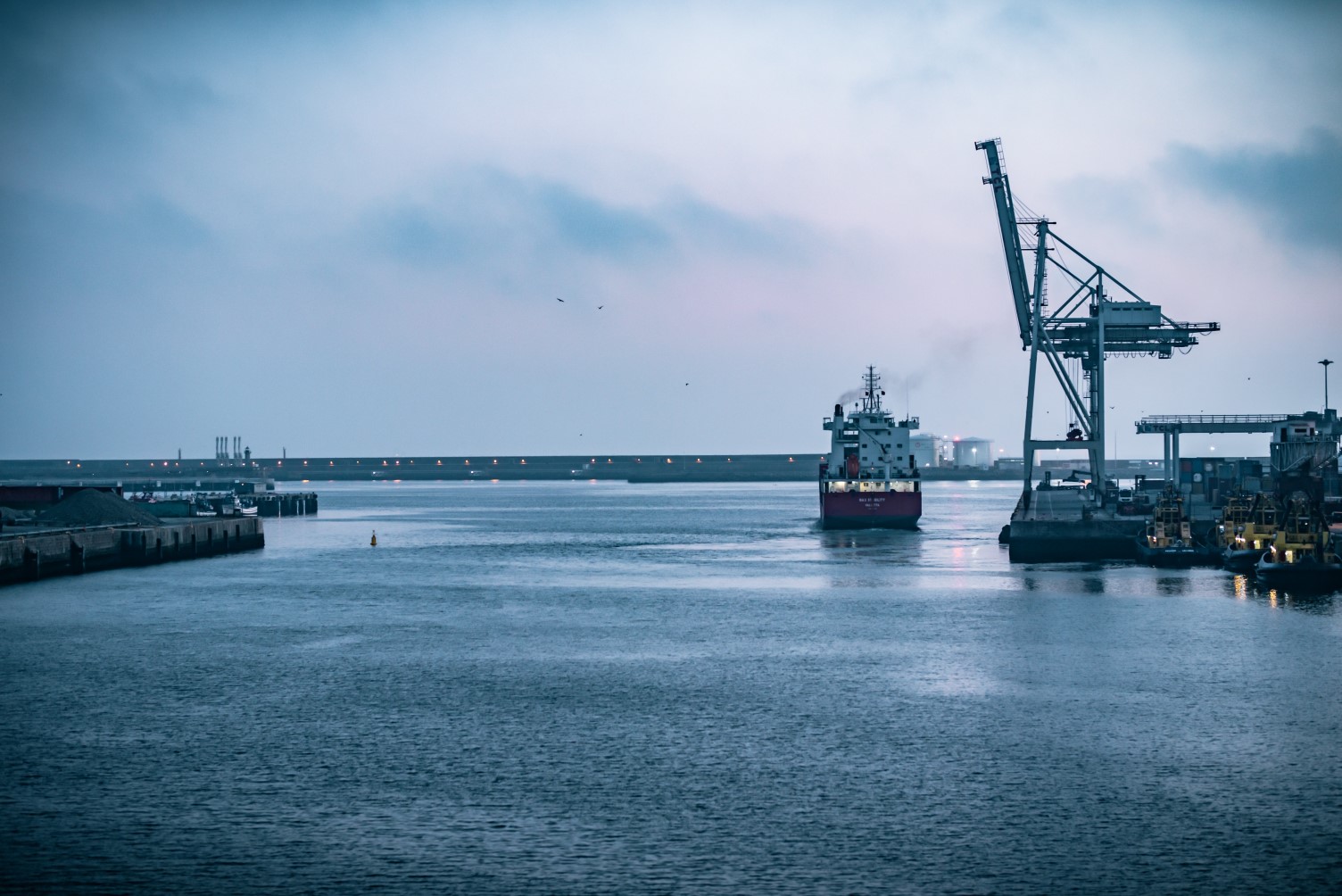By Cherie Gopie
After a vessel has been sold, and there is an incident which occurs (after the sale) that gives rise to a claim of negligence, for example, by a third party, the previous vessel owner is arguably insulated from any liability, having sold that vessel. However, the recent decision in the United Kingdom in the case of Begum v Maran (UK) Ltd has shown that there are developing areas of liability for ship owners when selling a vessel for scrapping or recycling and, in particular, when harm has been caused by a third party after the vessel has been sold.
The facts of this particular case are unfortunate. A UK domiciled shipping agent which, acting on behalf of the owner of a defunct oil-tanker that was no longer viable, sold the tanker to a buyer. Under the terms of sale, the buyer was required by the contract for sale to find a breaking yard to dispose of the ship ‘in safe conditions’. The buyer, however, chose a certain shipyard in Bangladesh which was allegedly widely known to have unsafe conditions in the industry. The shipping agent did not know the identity of the breaking yard, having left those details to the buyer. While breaking up the ship, a worker, unfortunately slipped and fell to his demise. The wife of the worker who died then sued the shipping agent in England for negligence.
The shipping agent applied for the claim to be ‘struck out’ on the basis that the claim was fanciful and had no real prospects of success. The agent argued that it had no control over the tanker, the shipyard or its workers after the tanker was sold and it, therefore, could not be responsible for the death. The application in the first instance was denied but this decision was recently reconsidered in the UK Court of Appeal.
The Court held that this case fell within a recognised exception to the general rule that a defendant was not liable for harm caused by the actions of a third party and so did not strike out the case. That exception arose where the defendant was responsible for creating a state of danger. In this case, the exception was triggered on the factual assumption that the shipping agent had arguably played an active role by sending the vessel to Bangladesh and knowingly exposing workers such as the deceased to the significant dangers that were known to have existed there.
Though the case has not been decided, it has sparked a discussion on the increased willingness by the English Courts to contemplate a broader scope of corporate liability, which decision by the Courts is relevant to this jurisdiction. This decision is also in accordance with regulatory and policy developments globally, in particular in relation to “supply chain” or “value chain” due diligence. In fact, more and more businesses may be held accountable for human rights and environmental impacts further down their “supply chain” or “value chain”, usually in emerging markets.
In this regard, in keeping with this global thrust, this places the onus more squarely on not just international companies to develop their own voluntary human rights due diligence processes that are up to par but many local businesses to shore up their own due diligence processes as a way of mitigating any potential litigation risk.


